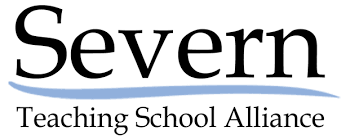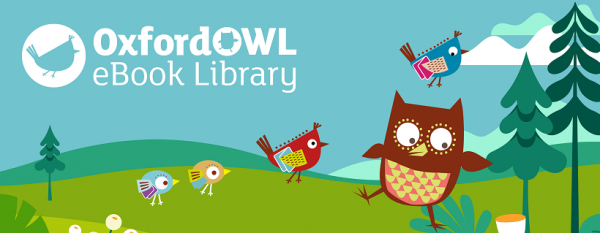Phonics
Reading at Woodlands
Teach a child to read and keep that child reading and we will change everything.
And I mean everything.
Jeanette Winterson
At Woodlands, we consider learning to read as one the most important things your child will learn at our school. Everything else depends on it, so we put as much energy as we possibly can into making sure that every single child learns to read as quickly as possible.
We use the Read Write Inc. phonic scheme to teach our children to read and write as soon as they enter our reception classes. Read Write Inc is a fast-paced, rigorous and structured phonics programme that helps get every child reading fast and gives our teachers the confidence and skills to deliver high-quality teaching every day. Your child is encouraged to read a text for meaning with three readings of each story to ensure that the story is understood and read with fluency and expression.

All of our Read Write Inc. programmes have partner work at their heart. Children work in pairs and talk together at every stage of the lesson to enhance their spoken language and embed their understanding. Our phonic sessions have writing activities which are linked to the storybooks at every level, as well as handwriting activities. They include many structured activities such as ‘Build a sentence’ to help your child become better writers. Every day, children think out loud before they write to help them hold more complex ideas and sentences in their heads. At Woodlands, we know that our children become confident readers and writers as a result of sound, effective phonics teaching from the start.
Our curriculum is carefully designed to ensure key knowledge and skills progress in a logical and sequenced way, thus enabling pupils to revisit previously taught content and to build upon it year on year. We use carefully structured progression documents to ensure that substantive and disciplinary knowledge and skills are clearly outlined and sequenced, thus enabling the children to know and remember more, as they move through school.
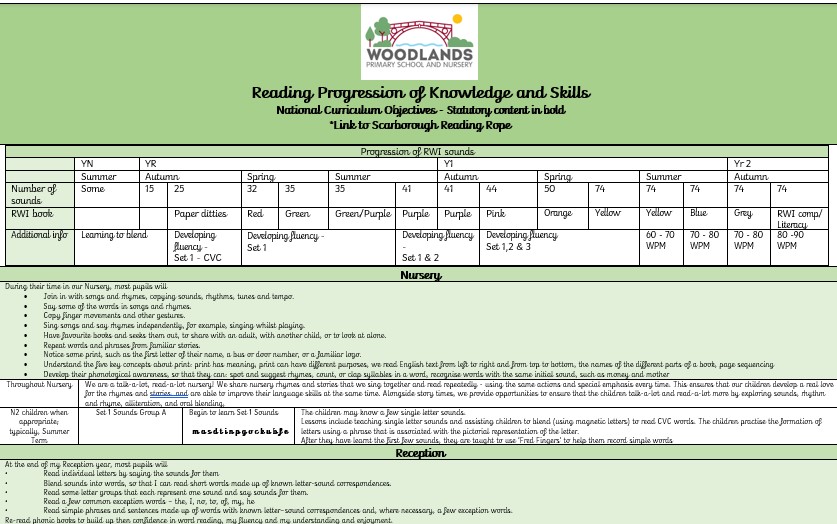
The Phonics Teaching Cycle
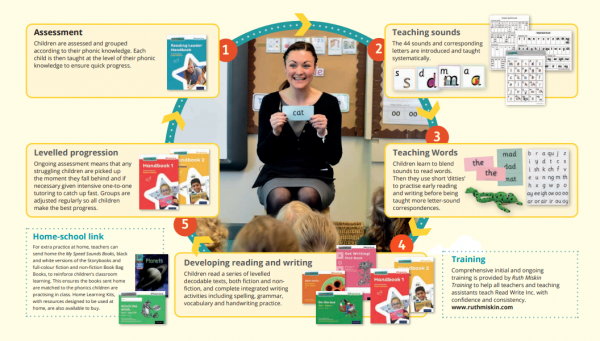
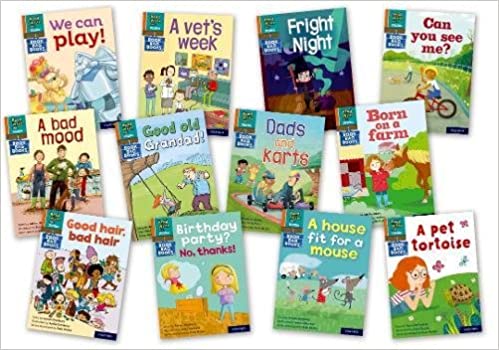
Every week, your child will bring home a Book Bag Book to read to you. This book links to the storybook that your child is reading within Phonics sessions at school. It is at the correct level for your child to read independently and with confidence. Your child will also bring home a book that they have chosen themselves from the EYFS library. Your child may, or may not, be able to read this book independently. However, this is okay as the purpose of this book is to spend time sharing a book together – snuggle up and enjoy! We want your child to love reading and books and, ultimately, to want to read for themselves for pleasure. This is why we put our efforts into making sure they develop a love of books as well as simply learning to read.
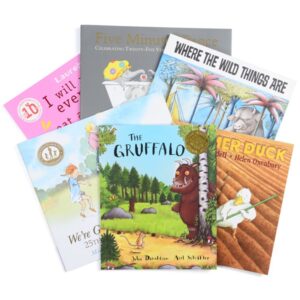
If you would like to read any additional books together at home, why not access Oxford Owl’s online library via the link below. There are hundreds of fiction and non-fiction titles for you to enjoy!
Support for parents and carers
At Woodlands, we run regular reading meetings and phonics stay and learn sessions to support our parents and carers to learn more about how we teach reading and to provide hints and tips for how best to help children at home.
For those parents and carers who have been unable to attend our recent sessions, please find useful links below.
What is Read Write Inc. Phonics?
How do I say the Sounds Correctly?
How should I share story with my child at home?
phonics screening check for parents.pdf
Stories, Songs, Nursery Rhymes and Poetry
Daily Story Time with Our Favourite Five
We want our children to develop a love of reading and of great stories. As a way to support this, each class throughout Nursery, Reception and Year One selects their Favourite Five stories each half term. These stories are read to the children again and again, throughout the week, across the term. Through listening to repeated readings, and talking about what they have heard, the children have multiple exposures to vocabulary and the language of stories. Continued talk about words, as well as opportunities to use them, helps our children to become increasingly familiar with the language found within its pages. Through stories, our children encounter vocabulary that they may not hear in everyday conversation but will come across in writing, once they can read for themselves.
Our Favourite Five stories are chosen because they:
– Elicit a response: curiosity, anger, excitement, enjoyment, amusement, interest,
– Have a strong narrative
– Extend vocabulary (not too many new words at once)
– Connect with something they know/ we’re teaching
– Use illustrations to support the narrative
– Reflect children from a minority ethnic background.
Some of the most popular Favourite Five in previous terms have been Wonky Donkey by Jonathan Long, Farmer Duck by Martin Wadell, Winnie and Wilbur: (Winnie the Witch) – Valerie Thomas, Five Minutes Peace by Jill Murphy, One Snowy Night by Nick Butterworth, The Worrysaurus by Rachel Bright, George and the Dragon by Christopher Wormell and The Gingerbread Man.

Daily Song, Rhyme and Poetry Time
Daily songs and nursery rhyme times are another important part of the day for our youngest children in school. Through enjoying rhymes, poems and songs, and reciting poems or parts of longer poems together as a class, we build our children’s strong emotional connection to language.
By learning poetry and songs using ‘call and response’, we enable our children to join in
gradually. Each repetition strengthens their vocabulary, embedding new words. Our teachers have identified a core set of poems, songs and rhymes for their classes. They have been chosen because they complement each termly theme, can withstand a lot of repetition, elicit a strong response and extend children’s vocabulary in different areas of learning.
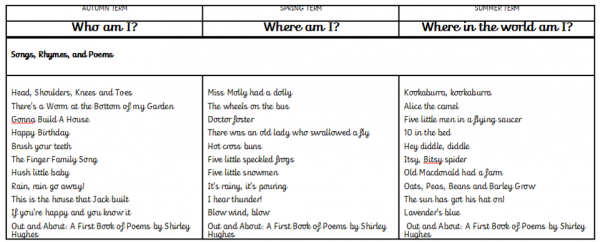
Supporting Excellence in English
We are proud to be an English Hub school. English Hub schools take a leading role in supporting primary schools across the country to improve the teaching of early language, love of reading and phonics. As Specialist Leaders of Literacy, Mrs Duncombe and Miss Smallwood have supported a wide range of schools, ensuring high quality, consistent teaching of phonics.
Throughout the year, Mrs Duncombe and Miss Smallwood and Mrs Zaki work as SLEs with school leaders and staff, in primary schools across the county, to offer advice and guidance in order to improve reading and writing outcomes for their pupils.